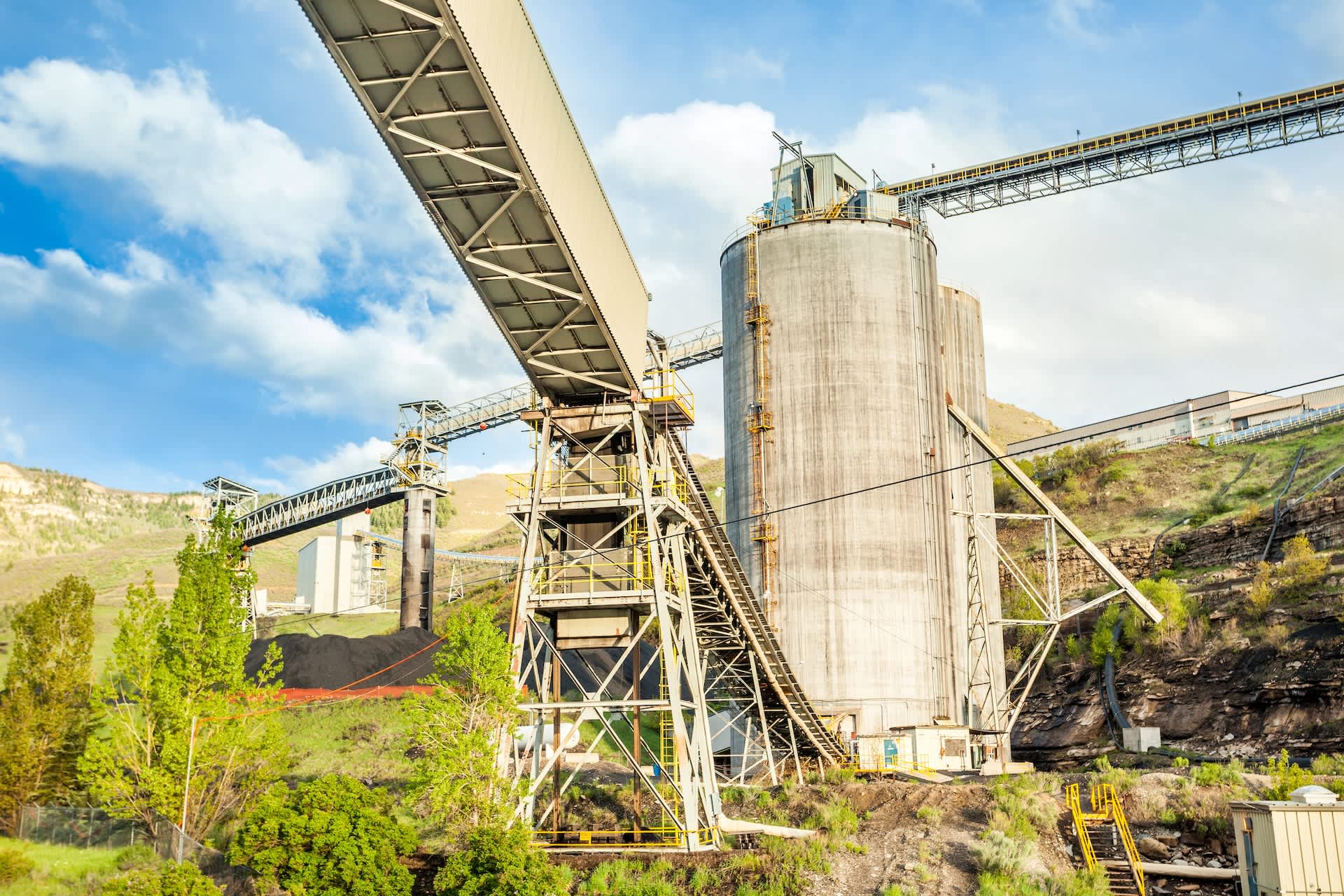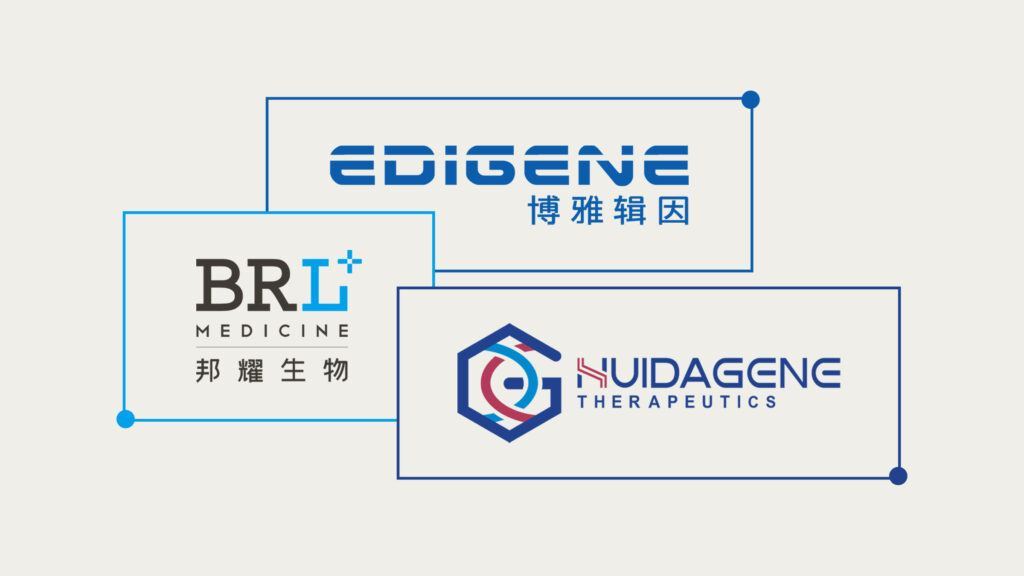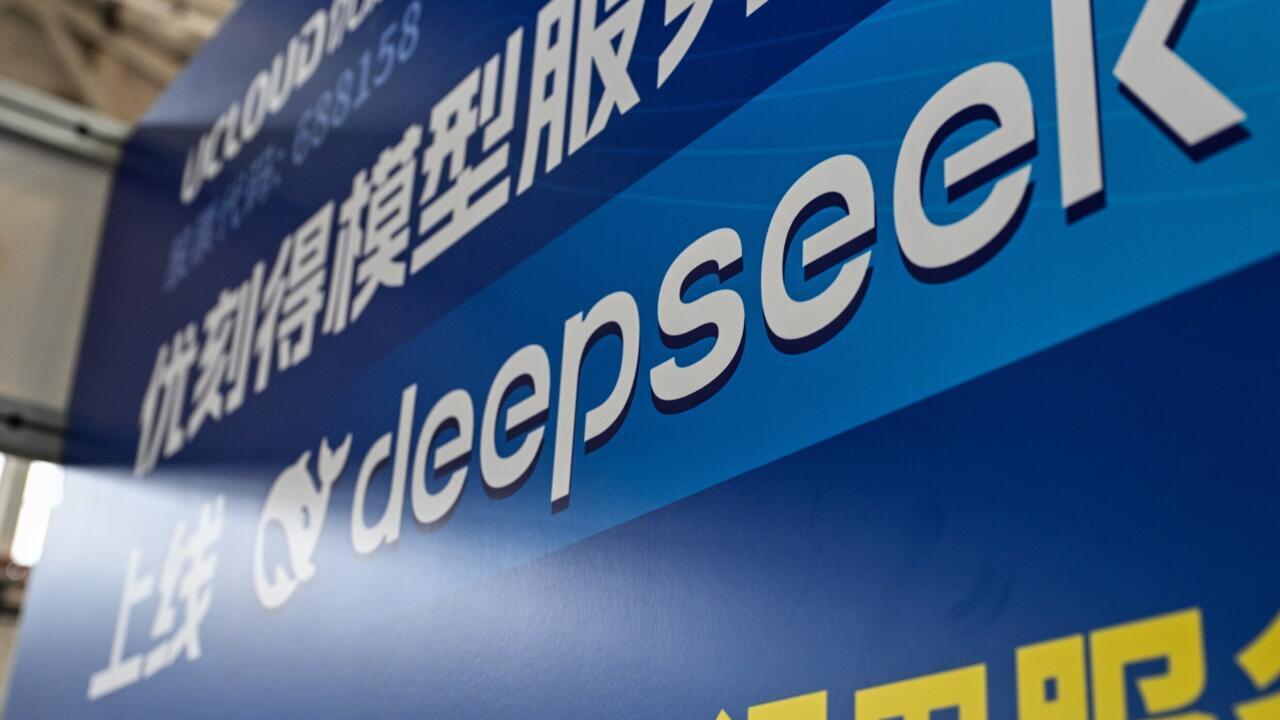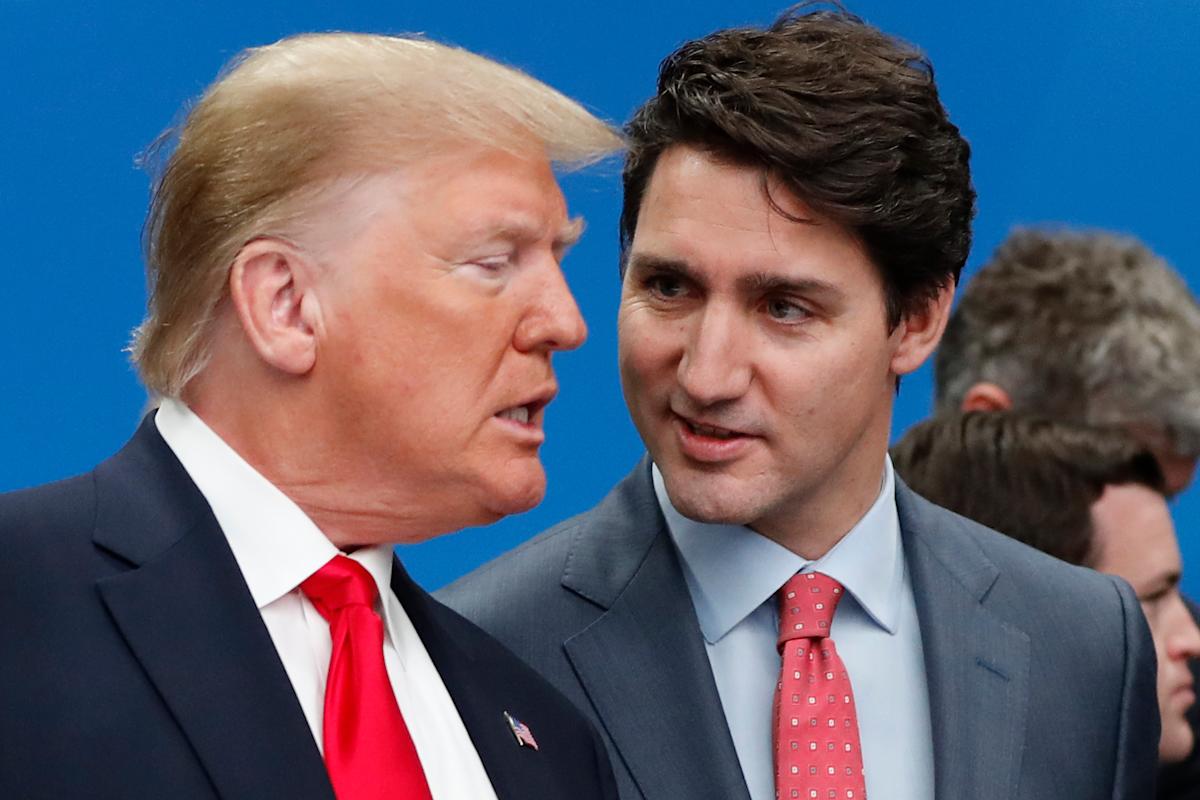Trade War Tremors: Corporate Survival Strategies in the Trump Tariff Aftermath
Companies
2025-04-03 22:51:31Content

In the high-stakes world of global business, executives are facing a critical test: navigating the turbulent economic landscape shaped by President Trump's tariff policies. Their strategic responses could mean the difference between corporate survival and collapse.
The ongoing trade tensions have created a complex challenge for business leaders, who must now demonstrate unprecedented agility and foresight. Companies are being forced to reimagine their supply chains, reassess international partnerships, and develop innovative strategies to mitigate the financial impact of these sweeping trade restrictions.
Success in this volatile environment will depend on more than just traditional business acumen. Executives must now be part economist, part strategist, and part risk manager—quickly adapting to rapidly changing global economic dynamics while protecting their organization's bottom line.
Those who can swiftly pivot, diversify their markets, and creatively manage increased costs will not just survive, but potentially emerge stronger. The tariff crisis has become a crucible that will separate resilient, forward-thinking companies from those unable to adapt to the new global economic reality.
Navigating Economic Turbulence: Executive Strategies in the Trump Tariff Era
In the complex landscape of global trade, corporate leaders face unprecedented challenges as geopolitical tensions and protectionist policies reshape economic dynamics. The ability to adapt, strategize, and innovate becomes paramount for survival and success in an increasingly volatile business environment.Survival Demands Extraordinary Leadership in Uncertain Economic Terrain
The Tariff Transformation: Redefining Corporate Resilience
Corporate executives are confronting a fundamental reimagining of business strategy in response to sweeping trade policy changes. The implementation of tariffs represents more than a mere economic adjustment; it signals a profound restructuring of international commerce. Companies must now develop multifaceted approaches that transcend traditional operational models, integrating sophisticated risk management, supply chain reconfiguration, and strategic financial planning. Successful organizations are demonstrating remarkable adaptability by diversifying sourcing strategies, exploring alternative manufacturing locations, and developing robust contingency frameworks. These approaches require not just financial investment, but a holistic reimagining of corporate infrastructure and strategic vision.Strategic Adaptation: Beyond Conventional Business Thinking
The tariff landscape demands unprecedented levels of executive creativity and strategic thinking. Leaders must now function as geopolitical navigators, understanding complex international trade dynamics while simultaneously maintaining operational efficiency. This requires a combination of deep economic insight, technological innovation, and agile decision-making processes. Sophisticated companies are investing in advanced predictive analytics, developing real-time monitoring systems that can rapidly assess and respond to changing trade environments. By creating flexible operational models, organizations can transform potential economic disruptions into competitive advantages.Financial Engineering and Risk Mitigation
Sophisticated financial strategies have become critical in managing tariff-related challenges. Executives are employing complex hedging techniques, exploring alternative currency mechanisms, and developing intricate financial instruments to minimize economic volatility. This requires a nuanced understanding of global financial markets, regulatory environments, and emerging economic trends. Companies are increasingly viewing financial risk management not as a defensive strategy, but as a proactive mechanism for identifying and capitalizing on emerging opportunities. This approach demands a holistic view of economic ecosystems, integrating macroeconomic analysis with granular operational insights.Technological Innovation as a Competitive Differentiator
Technological capabilities have emerged as a crucial factor in navigating tariff-induced economic complexities. Organizations are leveraging artificial intelligence, machine learning, and advanced data analytics to develop predictive models that can anticipate and mitigate potential economic disruptions. By investing in cutting-edge technological infrastructure, companies can create more responsive, adaptive business models that can quickly recalibrate in response to changing trade dynamics. This technological approach transforms potential economic challenges into opportunities for innovation and strategic differentiation.Global Perspective: Reimagining International Business Strategies
The tariff landscape has fundamentally altered international business paradigms. Executives must now develop sophisticated, nuanced approaches that transcend traditional geographical boundaries. This requires a deep understanding of geopolitical dynamics, cultural complexities, and emerging economic trends. Successful organizations are developing more integrated, flexible international strategies that can rapidly adapt to changing regulatory environments. This involves creating robust, diversified global networks that can quickly reallocate resources and adjust operational strategies in response to evolving economic conditions.RELATED NEWS
Companies

Breaking: Trump's FCPA Freeze - Corporate Compliance in the Crosshairs
2025-03-03 12:05:51
Companies

Renewable Revolution: Energy Giants Transform Abandoned Coal Lands into Green Power Goldmine
2025-03-15 07:30:00
Companies

Breaking: SEC Clears Path for Startups to Go Public, Streamlines Capital Raising Journey
2025-03-04 07:17:00





